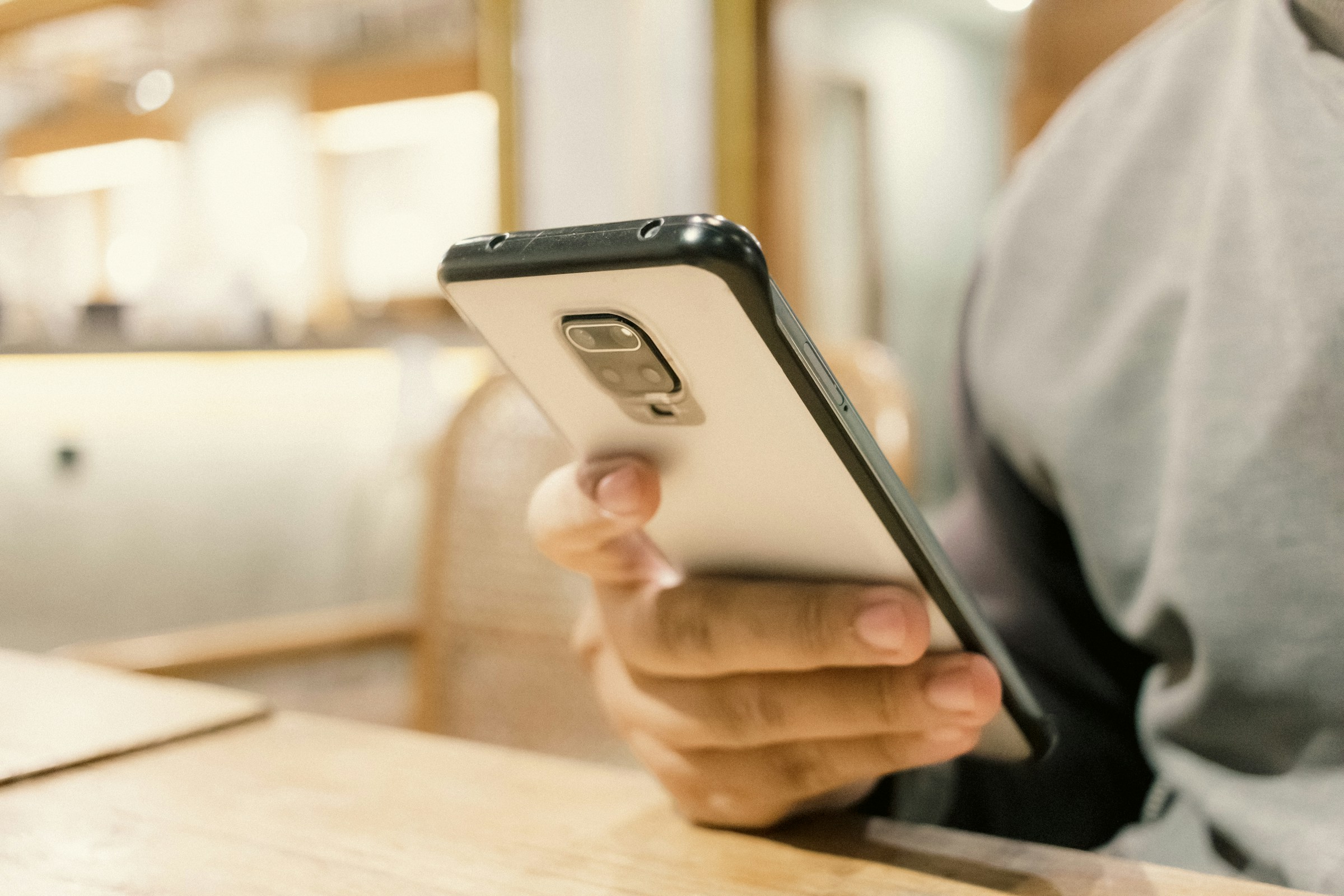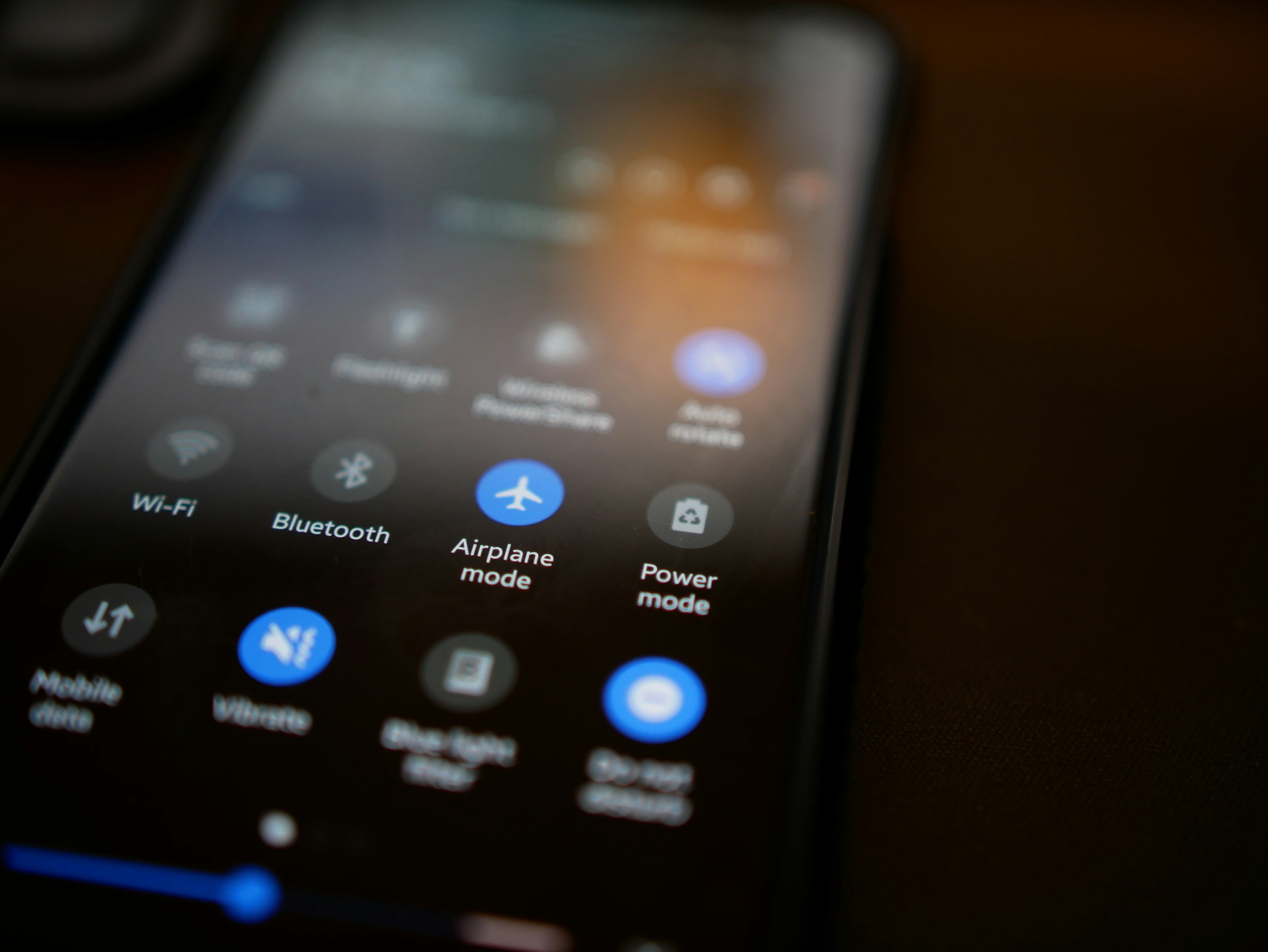Can You Be Addicted to Dating Apps?

As the popularity and volume of dating apps surge, so do concerns about the potential for addiction. Can you be addicted to dating apps? Let's take a look at the signs, causes and solutions for dating app addiction.
Can dating sites be addictive?
Dating sites are designed to be engaging, convenient and easy to use. They offer a gamified experience (where swiping right or left feels similar to playing a game). The thrill of receiving a match and a literal world of options creates a powerful allure. And many of the apps are free to use; although there are usually paid-for premium options with wider functionality.
It’s no wonder the world of dating apps is so captivating. But there’s also a dark side. Catfishing and scamming are prolific on these platforms. And faceless tech can depersonalise the experience of dating. It’s far easier to ghost or ignore someone through a screen than in person.

Why am I obsessed with dating apps?
Remember that dating apps are big business. And like so many other online platforms, they are designed to be addictive. So don’t beat yourself up if you just can’t seem to putyour phone down. Let’s take a look at how and why using dating apps can become a compulsion, rather than just a convenience.
Dating apps use a variable reward system. This is similar to slot machines, where rewards (matches) are unpredictable. The unpredictability keeps users engaged, hoping for the next match. They also capitalise on FOMO, leaving you worried that you might miss out on a potential perfect match by a single swipe. This drives continuous usage. And for some, dating apps offer an escape from real-life problems or loneliness, much like any digital media format.
Dating apps and mental health
Dating apps provide immediate feedback. This offers instant gratification, as opposed to delayed gratification. In the short term this can feel great. But in the long term it can reduce patience and leave us with lower levels of satisfaction. It’s common knowledge that there are many scenarios in which slow is better than fast!
Receiving matches and messages can provide validation, making users feel attractive and desirable (another dopamine hit). But there can also be unpleasant interactions, offensive messages and many instances of being ignored or passed over. The latter can leave us craving validation from strangers even more; a vicious circle. Chasing the highs on dating apps is a definite recipe for addiction. Especially where we begin to take our self-worth from our apparent “success” on the apps and perceived desirability.
Dating app burnout
If you’ve been addicted for a while, you may experience a total burnout. Endless options may seem like a great idea on paper, but this can quickly lead to overwhelm and a huge workload of swiping and chatting. Many people say that being active on dating apps is like a part-time job. There’s a lot of sifting, typing and analysing to be done. If this is where you are right now, it may be you need some time away from the apps.

When to stop using dating apps
If dating apps aren’t working for you, it’s time to stop, or at least take a break. Here are some signs of dating app addiction:
- You’re constantly checking the app, even in inappropriate settings, such as during work or social gatherings
- You’re neglecting responsibilities. Spending excessive time on dating apps to the detriment of work, family, or personal relationships
- You’re feeling anxious or depressed when unable to access the app
- You’re experiencing euphoria when receiving matches or messages, even if they’re not all that suitable
- You’re isolating yourself. Real-life social interactions are decreasing
How to stop obsessively checking dating apps
The first step is to disable your notifications. Constant pinging on your phone will entice you back to the app (the developers know this all too well). Some apps will allow you to set limits on when and how often you can use them (look for “usage limits”). Or set limits by only checking your phone between certain hours or on particular days of the week. If this is hard, try leaving your phone in your bag when out and about and meeting friends. Or take up a hobby that’s not phone friendly. If the thought of this fills you with dread and fear, it’s a sign you may have an addiction.
How to quit dating apps
Quitting digital dating doesn’t mean you have to call off the search. It may be that you need some time out altogether. Or it could be that you'd benefit from a face to face approach. There are many different types of dating you can try. And it could be a change of strategy that brings the results you’ve been longing for. Then you can bin the dating apps for good.
Being aware of the addictive nature of dating apps and understanding the psychological factors at play can help you use them more responsibly. Balance is key. Use dating apps to supplement your social life, not as a replacement. Prioritise real-world interactions and personal growth, ensuring that your journey to find love and connection remains a healthy and fulfilling one.
Related Questions
What is dating app fatigue?
This is different to dating app addiction (although it’s possible to have both simultaneously), Dating app fatigue is where you’re exhausted and ground down by the toil and/or disappointment of the apps.
Is online dating considered cheating?
Yes. Unless you’re in a non-monogamous relationship, any kind of dating is considered cheating. So be sure to establish some ground rules with your partner when you begin a new relationship.
Is it bad to be on too many dating apps?
It’s not necessarily bad. But it is a lot of hard work! And the number of notifications is multiplied, making it more likely you’ll become overwhelmed. If you’re struggling to juggle all of the admin, why not give speed dating a try instead?